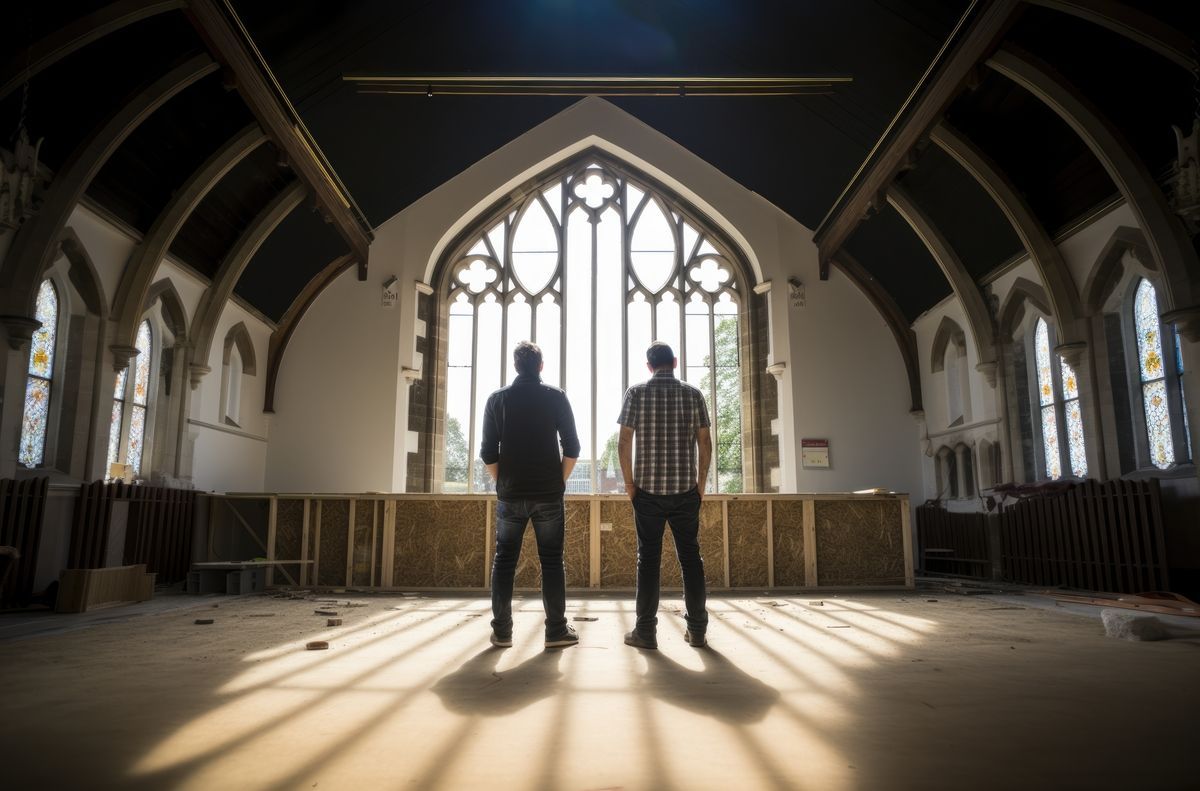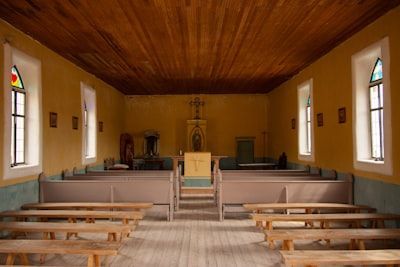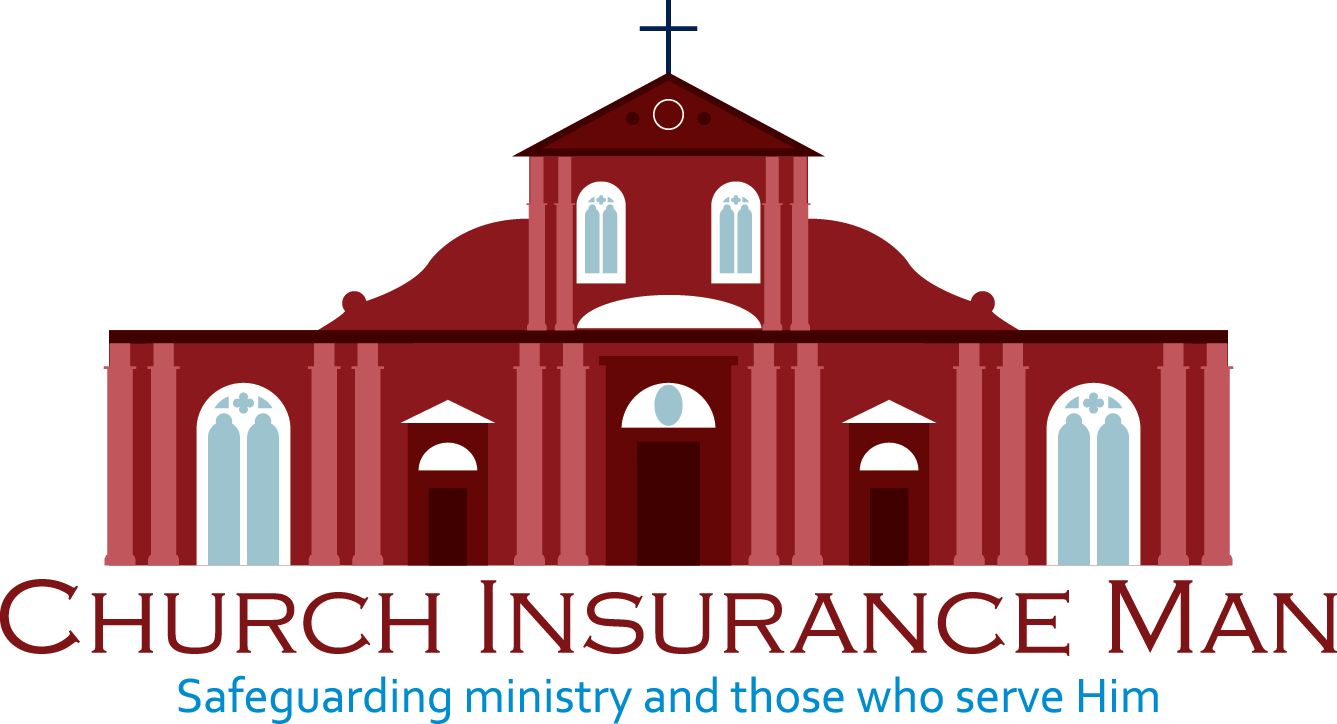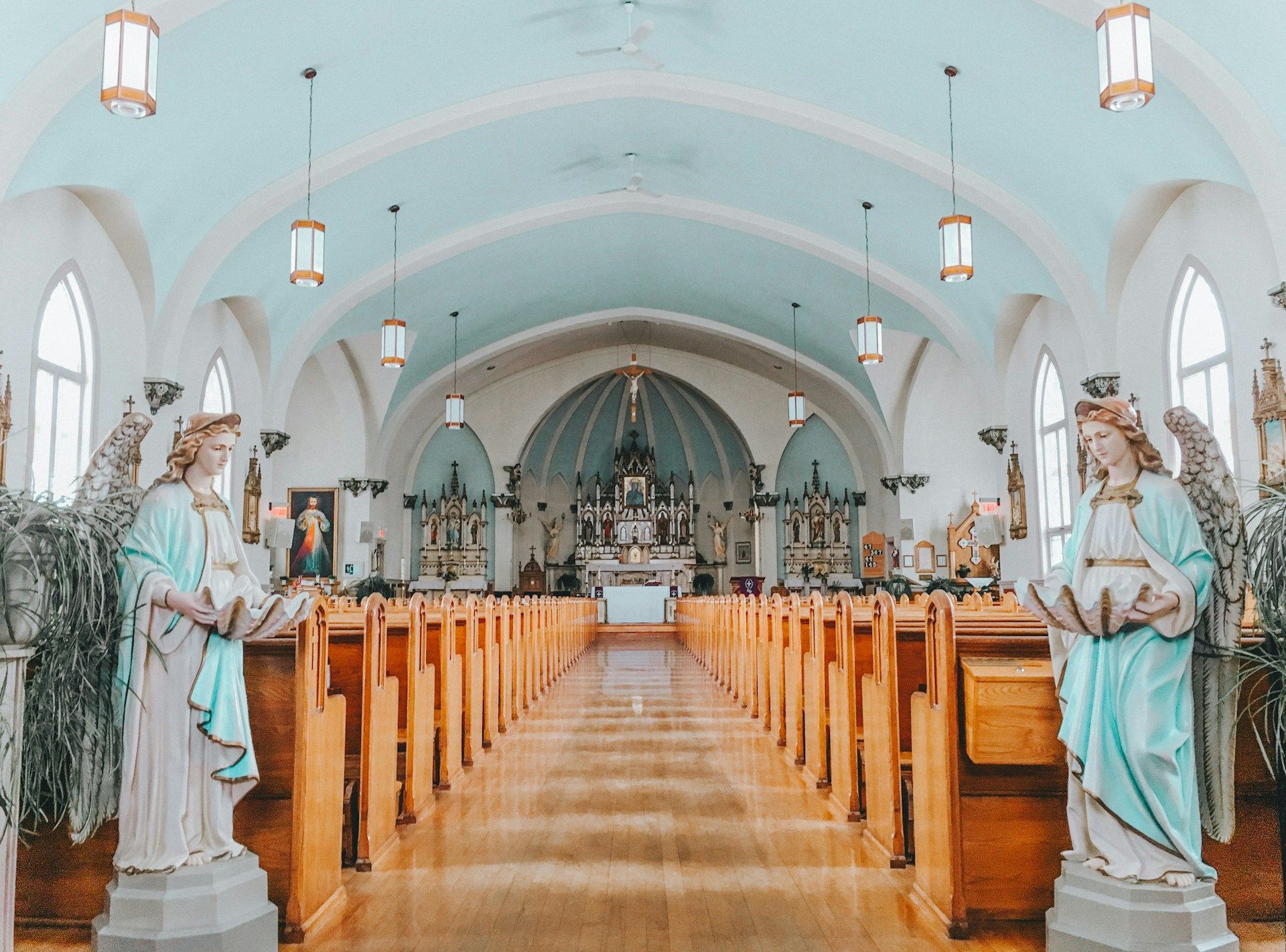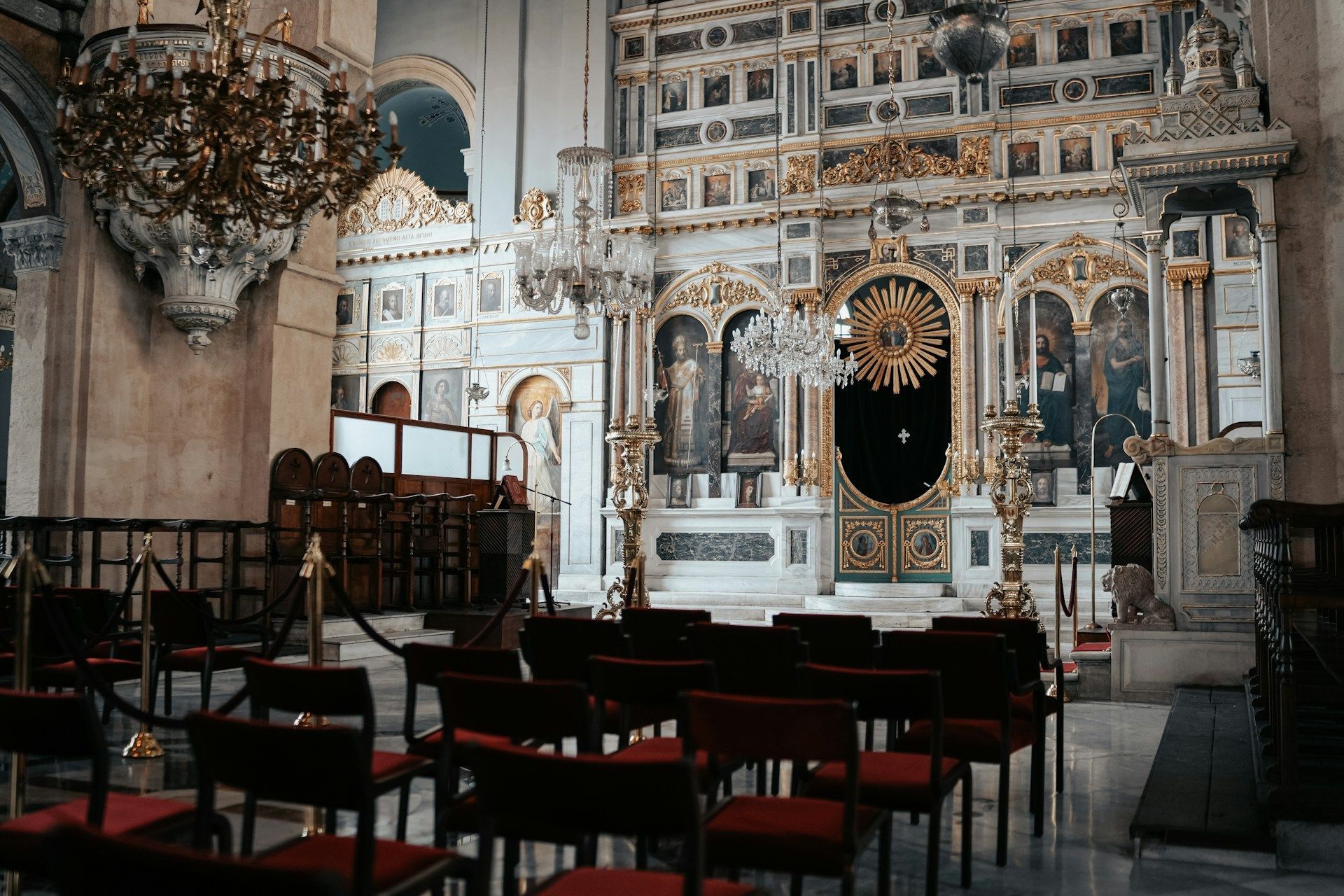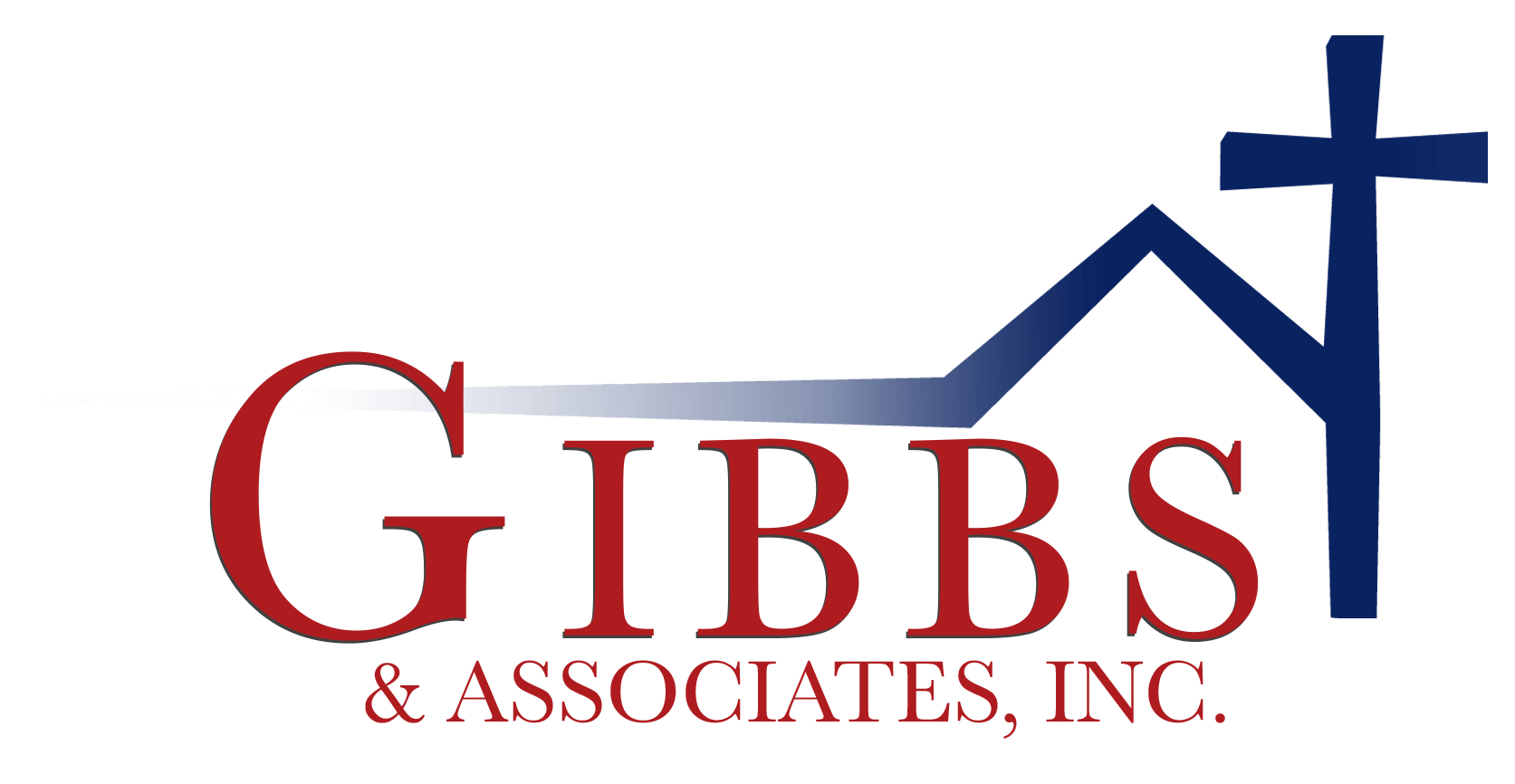Safeguarding the Sanctuary: A Comprehensive Guide to Church Property Insurance
Churches serve as places of worship, community, and spiritual growth. As such, these sanctuaries hold immense value and importance for their congregation and community. From the building itself to the furnishings, equipment, and sacred items within, preserving and protecting these valuable assets is crucial to maintaining the stability of your ministry and the well-being of your congregation. Church property insurance plays a vital role in ensuring the security of your house of worship and providing financial protection against unforeseen incidents that can result in property damage or loss.
No church is immune to potential risks, whether natural disasters, accidents, theft, or vandalism. These events can cause significant disruptions to your ministry, taking an emotional and financial toll on your congregation. By securing comprehensive church property insurance, your house of worship can access much-needed financial support to help recover from adverse situations, restoring your sanctuary and ensuring the continuity of your ministry. In this blog post, we will explore the key aspects of church property insurance, including the types of coverage available, important factors to consider when selecting the right policy, and expert tips for maintaining and securing your church's facilities.
A thorough understanding of the different components of church property insurance is essential for tailoring the coverage to your ministry's specific needs and circumstances. Through diligent planning, risk assessment, and partnering with knowledgeable
church insurance specialists in Macon, Columbus, Gainesville, and the Gwinnett area, you can create a comprehensive insurance plan that safeguards your sanctuary and supports the resilience and growth of your congregation.
Types of Coverage Available Under Church Property Insurance and Their Significance
Church property insurance provides coverage for various aspects of your house of worship, ensuring comprehensive protection for your sanctuary and its assets:
A. Building Coverage:
Protects the physical structure of your church, including attached structures such as offices or private spaces within the building. This coverage extends to repairs or rebuilding costs following damage due to fire, storms, vandalism, and other covered perils.
B. Contents and Personal Property Coverage:
Covers personal property owned by the church and used in ministry operations, such as furniture, equipment, sound systems, and religious items. Coverage also extends to the property of your congregation or staff if it is within the church premises during a covered loss.
C. Stained Glass Coverage:
Stained glass windows hold significant artistic, historical, and spiritual value, requiring specialized coverage to protect against damage or loss. This coverage ensures their preservation, repair, or replacement in the event of an incident.
D. Business Income and Extra Expense Coverage:
In the event of property damage that disrupts your ministry's operations, this coverage helps compensate for lost income and covers any additional expenses incurred to continue functioning during the restoration period.
Factors To Consider When Determining Adequate Coverage Limits for Your Ministry
To ensure your church property insurance provides adequate protection, consider the following factors when determining coverage limits:
A. Property Valuation:
Accurately assess the current replacement value of your church's buildings, contents, and assets, factoring in inflation and increased construction costs. Regularly update this valuation to remain aligned with current market values.
B. Geographic Location:
Assess the unique risks associated with your church's location, such as potential exposure to natural disasters, crime rates, and environmental hazards, and ensure your coverage limits reflect these heightened risks.
C. Coinsurance Requirements:
Many property insurance policies require a coinsurance clause, which dictates the minimum percentage of the property's value that must be insured. Failure to meet this requirement can result in underinsurance and reduced claim payouts.
D. Transportation and Storage of Property:
If your church regularly transports property or stores items in offsite locations, adjust your coverage limits to account for potential damage or loss during these activities.
Customization Options and Additional Coverage Endorsements to Address Unique Risks
Your church's unique circumstances may require customization of your property insurance coverage. Consider the following additional endorsements and coverage options:
A. Ordinance or Law Coverage:
Addresses any increased costs associated with adhering to updated building codes and regulations during the repair or reconstruction process.
B. Earthquake and Flood Coverage:
Standard property insurance policies often exclude damage due to earthquakes or floods. Evaluate your church's exposure to these threats and consider endorsements or separate policies as needed.
C. Fine Arts Coverage:
Artwork, religious relics, and other valuable items may require specialized coverage, protecting their repair, restoration, or replacement value.
D. Equipment Breakdown Coverage:
Covers the costs of repairing or replacing mechanical, electrical, or electronic equipment that has suffered a sudden breakdown due to a covered peril.
Tips for Maintaining and Safeguarding Your Church's Facilities To Minimize Potential Property Damage and Loss
Taking proactive measures to protect your church's building and contents can help prevent incidents and minimize potential damages:
A. Conduct Regular Inspections:
Perform routine inspections of your church property, including electrical and plumbing systems, roofs, and exteriors, to identify potential issues and schedule repairs.
B. Implement Security Measures:
Invest in security systems, such as surveillance cameras, alarms, and access controls, to deter crime and protect your church's valuables.
C. Maintain Landscaping and Outdoor Spaces:
Properly maintain trees, shrubs, and other outdoor structures to prevent damage during storms and reduce hazards on your church grounds.
D. Develop a Disaster Preparedness Plan:
Create a disaster response plan outlining procedures to follow in an emergency, including evacuation routes, communication strategies, and recovery measures.
Building a Strong Foundation for Your Ministry's Resilience and Growth
Securing comprehensive church property insurance is a critical component of safeguarding your house of worship, protecting not only its facilities and assets but also the spiritual well-being of your congregation. Through diligent planning, risk assessment, and collaboration with church insurance specialists, your ministry can devise a tailored coverage plan that addresses its unique needs and circumstances, allowing your congregation to flourish while preserving the sanctity of its sanctuary.
Connect with
Church Insurance Man in Macon, Columbus, Gainesville, and Gwinnett area, today to learn more about protecting your house of worship with tailored
church property insurance coverage. Our expert team is committed to helping your ministry thrive, securing your sanctuary's foundation, and preserving your congregation's spiritual home.


